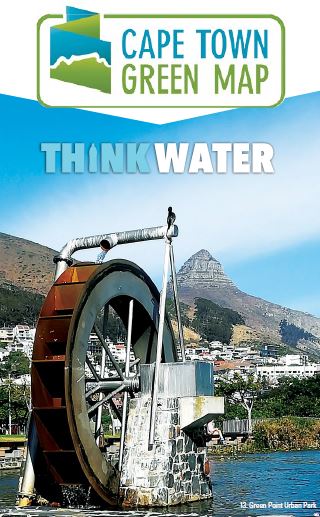Total capacity of dams supplying the Cape Town metro increased to 90,7% for the week of 24 – 30 August 2020, a 2,7% rise from the 88% of the previous week.
Consumption for the same period decreased by 28 million litres per day from an average of 661 million litres per day the previous week to 633 million litres per day. At the same time last year, dam levels were at 81,9%.
‘Significant recent rainfall has pushed total rainfall for 2019/20 close to the long-term average and dams are close to full for the first time since 2013/2014. This will of course prompt serious consideration that current water restrictions be further eased following the end of the rainy season (October 31).
- However, residents should please keep in mind that the impact of climate change in subsequent years is still uncertain and that this will also be factored into the eventual decision around restrictions.
‘Regarding tariffs: as previously stated, a reduction in tariffs will be dependent on an increase in consumption. Currently, the City is selling approximately 30% less water than before the drought, but is facing additional costs that come with increasing our resilience. It is important that the City cover its costs to ensure that the maintenance and augmentation programmes can be carried out. Should the amount of water we are selling significantly increase, this will be factored into the tariffs, but given the uncertain impact of climate change, it may not be wise to actively encourage such an approach at this stage,’ said Mayoral Committee Member for Water and Waste, Alderman Xanthea Limberg.
For more information on new water sources, water restrictions (Level 1 currently in place), guidelines around alternative water sources such as boreholes and rainwater tanks, and tariff information, please visit
Have you seen the Think Water Cape Town Green Map?
See also Cape Town Green Map






